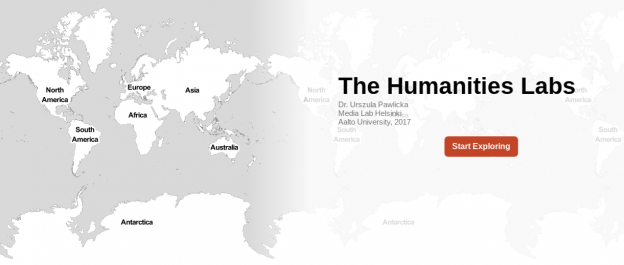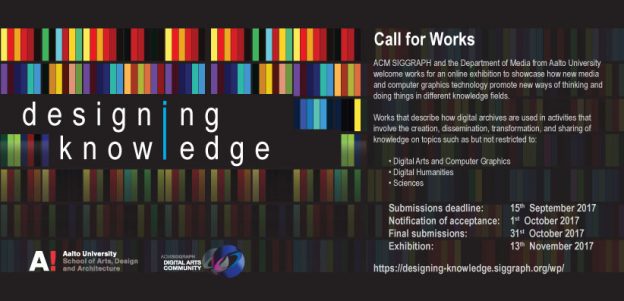Call for Papers
Helsinki Photomedia 2018
March 26 -28, 2018
Aalto University, Helsinki, Finland
Deadline for 500 word abstracts: October 31, 2017
Theme: Reconsidering the “Post-truth Condition”: Epistemologies of the photographic image.
Contemporary photography takes place in a world where the relation between facts and values is a social and political issue which has repercussions in art and education as well. The public discussions on information warfare, fake news and manipulated media contents have shaken the epistemology of news media and generally revitalized the questions of trustfulness of media representations. Problematic statements about the ‘post-truth condition’ symptomatically reflect this situation and pose new challenges to our understanding of the epistemology of the photographic image.
It is vital to reconsider the ‘post-truth condition’ as a discursive and imaginary formation. This implies that its claims cannot be taken at face value. At the same time, however, as a socially seducing phenomenon, it arranges new settings for old questions of photographic knowledge, authenticity, veracity and truthfulness. It postulates a political and social terrain where photographic images circulate and participate in the formation of socially efficient visual knowledge.
Hence, the controversial notion of post-truth actualizes questions of the quality of photographic information, knowledge and data. Rich in detail, photographs are able to communicate in a constative, laconic manner. Photographs are “dense data” and their mute appearances are malleable material for various information structures.
Helsinki Photomedia 2018 invites critical examinations, artistic reflections and presentations of educational projects of photography after the ‘post-truth condition’, especially work which addresses the variety of ends that photographic truth, authenticity, indexicality, manipulation and suspicion have to stand for. Photomedia 2018 will take up the multifaceted question concerning the photographic epistemology by focusing on topics including (but not limited to):
- Evidence and testimony
- Photography and knowledge
- Technical aspects of photographic data
- Visual information and counter-information
- Strategies of authentication
- Photography and education
———
Keynote speakers 2018:
Professor Robert Hariman (Northwestern University)
Professor John Lucaites (Indiana University)
Professor Barbie Zelizer (University of Pennsylvania)
Artist Keynote Professor Walid Raad (The Cooper Union, NYC)
Hariman and Lucaites are authors of The Public Image, Photography and Civic Spectatorship (2016) and No Caption Needed: Iconic Photographs, Public Culture, and Liberal Democracy (2007).
Zelizer’s work on photography includes the books About to Die: How News Images Move the Public (2010) and Remembering to Forget: Holocaust Memory through the Camera’s Eye (2000).
Artist keynote speaker Walid Raad is a contemporary media artist who’s works include The Atlas Group project about the contemporary history of Lebanon.
———
Helsinki Photomedia is a biennial photography research conference organized by four Finnish universities since 2012. The conference offers various platforms where artistic, philosophical, social, cultural, economical and technological approaches to photography meet. We welcome submissions from all areas of photography research. Since 2016 photography education has been one of the areas and we welcome submissions for the educational panel for presenting educational projects and related research. The conference language is English.
Important dates:
31 October 2017 – Deadline for submissions (500 word abstracts) by 23.59 Finnish time (UCT +2:00)
1 December 2017 – Notifications of Acceptance
1 March 2018 – Deadline for Registration
26–28 March 2018 – Conference in Helsinki
———

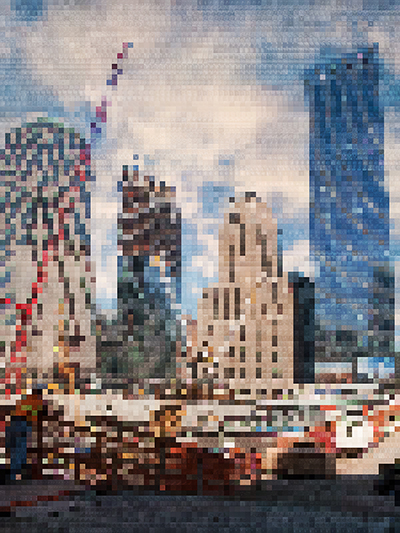
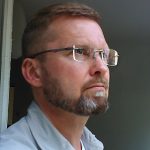 Yrjö Tuunanen is a doctoral candidate in Media Lab. His dissertation studies multimodal news narratives. He holds a master’s degree in Photography from University of Industrial Arts, Helsinki, and since 1990, he has worked as a photojournalist and a teacher of digital and documentary photography. From 2013 onwards, he has worked as a consultant on digital visualisation of financial news and information for the Ministry of Finance, Finland. Together with Heidi Hirsto, D.Sc. (Econ.), he has been running a collaborative research project titled: M-Scopes, Mediated Significations of Finance, focusing on the ways in which economic phenomena and mechanisms are represented in the web-based news media.
Yrjö Tuunanen is a doctoral candidate in Media Lab. His dissertation studies multimodal news narratives. He holds a master’s degree in Photography from University of Industrial Arts, Helsinki, and since 1990, he has worked as a photojournalist and a teacher of digital and documentary photography. From 2013 onwards, he has worked as a consultant on digital visualisation of financial news and information for the Ministry of Finance, Finland. Together with Heidi Hirsto, D.Sc. (Econ.), he has been running a collaborative research project titled: M-Scopes, Mediated Significations of Finance, focusing on the ways in which economic phenomena and mechanisms are represented in the web-based news media.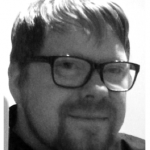 Pirkka Åman is a post-graduate student at Media Lab Helsinki, School of Art, Design and Architecture, Aalto University. In his doctoral dissertation he studies how to support music discovery and recommendation in urban environments through ubiquitous interfaces.
Pirkka Åman is a post-graduate student at Media Lab Helsinki, School of Art, Design and Architecture, Aalto University. In his doctoral dissertation he studies how to support music discovery and recommendation in urban environments through ubiquitous interfaces.